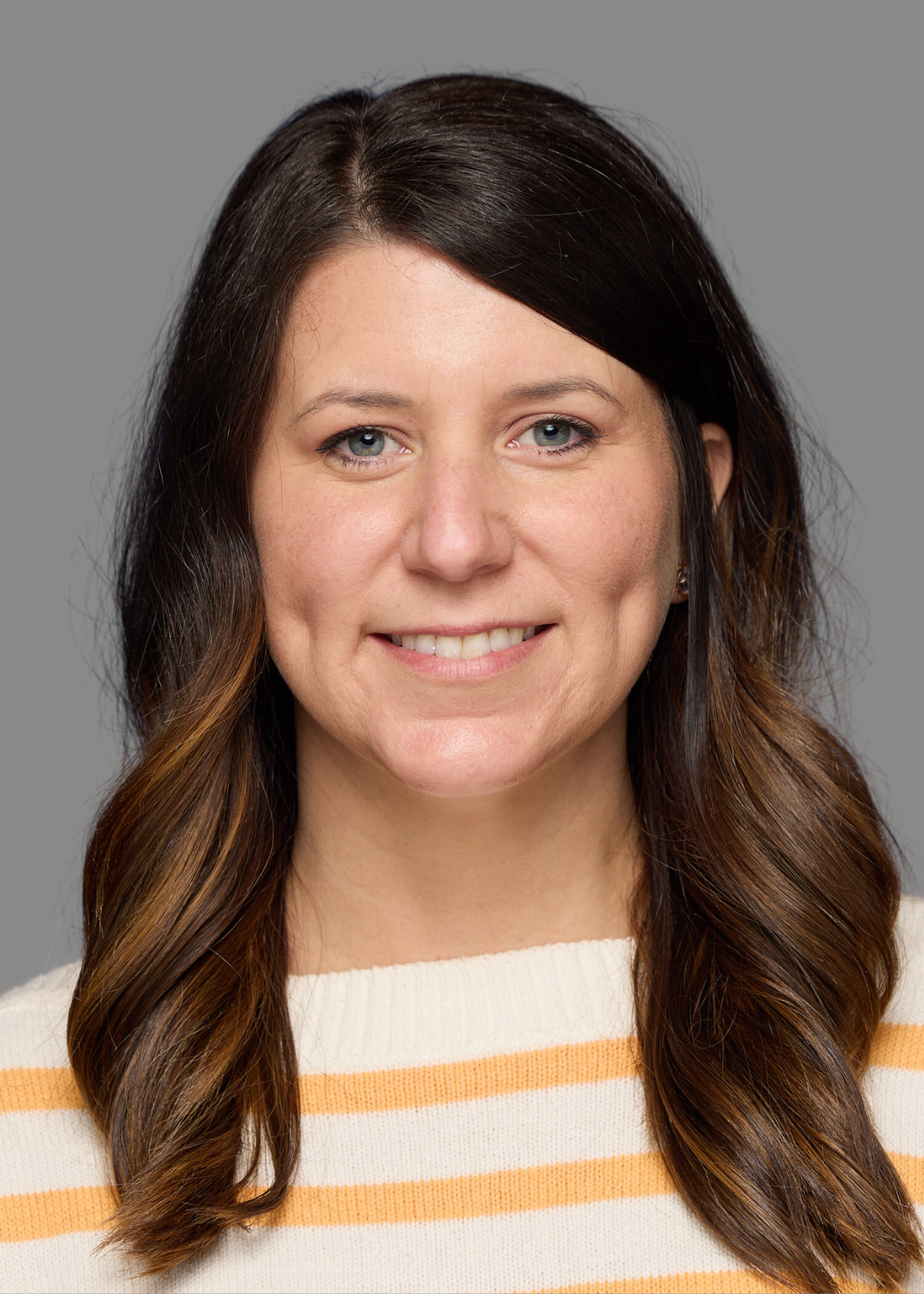Transforming rural health through nurse-led innovation
In rural communities where access to health care resources and workforce support can be limited, innovation isn’t just valuable, it’s essential. Two programs from the University of Iowa College of Nursing — the Iowa Online Nurse Residency Program (IONRP) and Simulation in Motion – Iowa (SIM-IA) — have been nationally recognized as Edge Runners by the American Academy of Nursing, a designation that celebrates nurse-led models of care that are transforming health systems across the country.2
What is an Edge Runner?
The Edge Runner award is a signature initiative of the American Academy of Nursing that identifies and honors nurse-designed, evidence-based care models that demonstrate measurable impact in improving health outcomes, reducing costs, and advancing equity.1
These models are selected through a rigorous review process based on criteria such as:
- Clinical effectiveness and improved patient outcomes
- Financial impact and sustainability
- Community-level change and health equity
- Policy influence and replicability across settings
Edge Runners are not theoretical concepts. They are proven, scalable solutions that elevate the role of nurses as leaders in health care transformation. For rural health leaders, these models offer blueprints for addressing workforce challenges, emergency preparedness, and care delivery gaps in underserved areas.
Supporting new nurses in rural communities
The IONRP is the nation’s first fully online transition-to-practice program designed specifically for new graduate nurses in rural and underserved settings. Since its launch in 2014, the program has expanded to 54 organizations across 13 states, offering a standardized, evidence-based curriculum that is both flexible and adaptable to even the most rural organization.
Using a hub-and-spoke model, IONRP connects nurses with online education, peer support, and guided practice through local preceptors and organizational leaders. This approach not only improves nurse retention and confidence but also reduces onboarding costs for rural facilities that may lack the infrastructure for traditional residency programs.
“The Edge Runner designation acknowledges the tremendous work we've done to reimagine the world of transition to practice for newly graduated nurses in rural areas,” says Nicole Weathers, IONRP director. “Most importantly, it reinforces that innovative nursing solutions can start small, continually evolve, and create lasting impact far beyond what was ever imagined.”
Bringing emergency training to every corner of Iowa
SIM-IA is a mobile simulation-based education program that delivers hands-on emergency training to health care providers in rural and critical access areas. With three high-tech mobile units, SIM-IA has reached all 99 counties in Iowa, providing over 2,500 hours of free education to more than 11,000 personnel through 650 simulations in just three years.
These simulations cover high-acuity scenarios such as seizures, trauma, cardiac events, and obstetric emergencies – situations where preparation can mean the difference between life and death. By bringing training directly to communities, SIM-IA enhances emergency readiness and fills a critical gap in continuing education for rural providers.
Why this matters for rural health leaders
Rural health care settings face unique challenges: limited staffing, geographic isolation, and fewer opportunities for continuing education. Programs like IONRP and SIM-IA were developed in direct response to these realities — not as one-size-fits-all solutions, but as adaptable models that meet rural communities where they are.
The Edge Runner recognition affirms what many rural leaders already know: that locally informed, nurse-led innovation can make a measurable difference. These programs reflect what’s possible when we listen to the needs of rural communities and design solutions that are both practical and responsive to the realities of rural practice.
For rural health leaders, the takeaway isn’t just about adopting a specific program — it’s about recognizing the value of investing in people, especially nurses, and creating systems that allow them to grow, lead, and stay in the communities they serve.
NRHA adapted the above piece from Iowa Online Nurse Residency Program, a trusted NRHA partner, for publication within the Association’s Rural Health Voices blog.
 | About the author: Nicole Weathers, DNP, is the director of the Iowa Online Nurse Residency Program, where she leads efforts to support new graduate nurses in rural and underserved communities through innovative, evidence-based transition-to-practice model. With a background in nursing professional development and a passion for rural health equity, Weathers collaborates across sectors to strengthen the nursing workforce and improve care delivery in resource-limited settings. |
Sources
1. American Academy of Nursing. Edge Runners Models. https://aannet.org/page/edge-runner-profiles
2. University of Iowa College of Nursing. (2025). Edge Runners: Two UI College of Nursing Programs Recognized Nationally for Innovation. https://nursing.uiowa.edu/news/edgerunners
